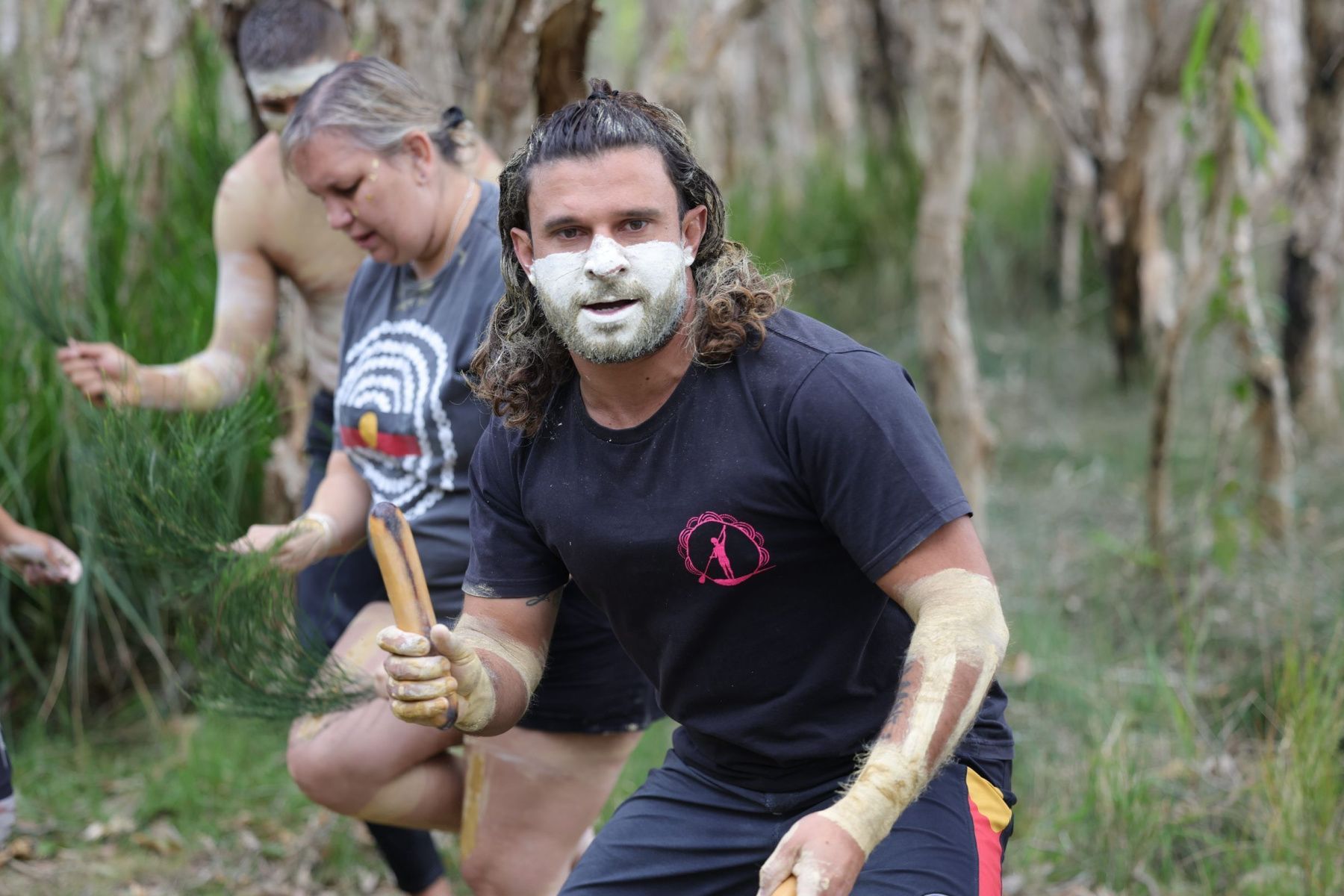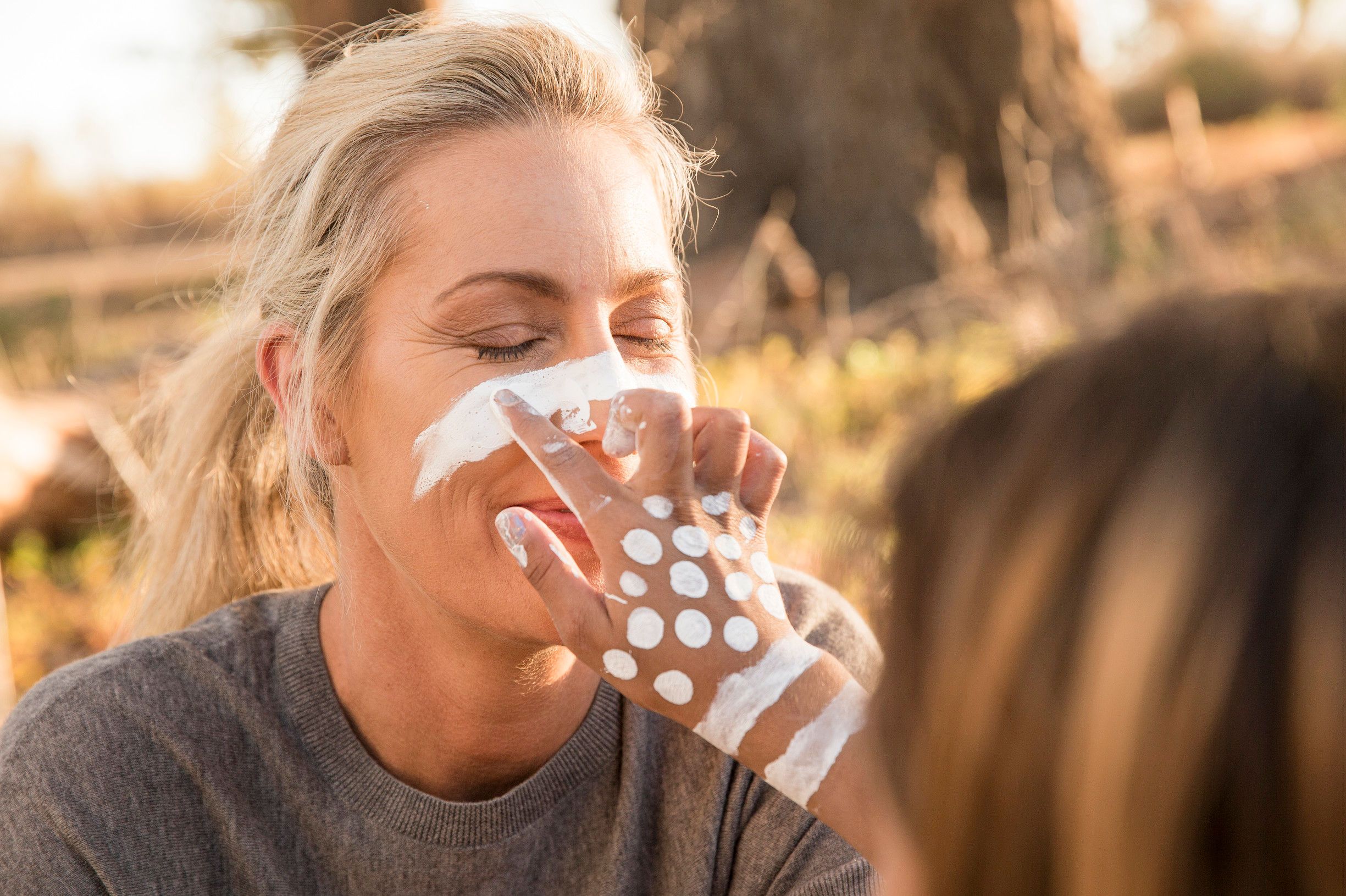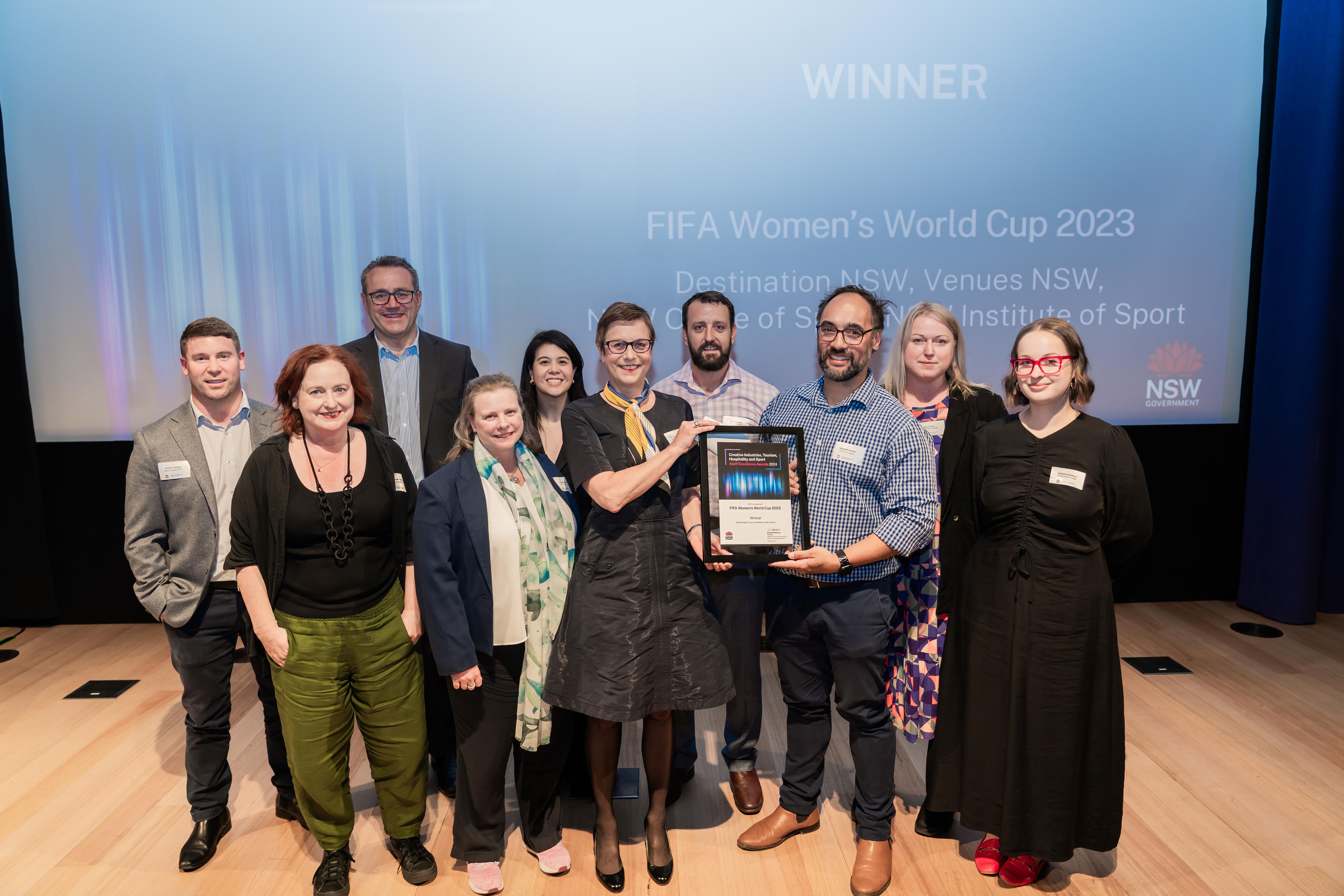The Australian Government has announced a historic new partnership to support greater participation and economic opportunities for First Nations people and businesses in Australia’s tourism industry.
The First Nations Visitor Economy Partnership, comprising First Nations tourism industry representatives from every state and territory, will provide leadership and guidance on respectfully embedding Australia’s rich cultural heritage into visitor experiences.
The partnership will also be tasked with investigating and establishing a permanent First Nations national tourism peak body which will provide guidance and strategic support to grow this critical sector.
The partnership will be funded for an initial two years through the National Indigenous Australians Agency’s Indigenous Advancement Strategy.
First Nations industry representatives co-designed the partnership in collaboration with the Australian Trade and Investment Commission (Austrade), the National Indigenous Australians Agency (NIAA), Tourism Australia and state and territory governments.
The Australian Government has been investing to increase economic opportunities for First Nations people in this sector. This includes the Indigenous Tourism Fund which is supporting First Nations people in the travel and tourism industry through grants, mentoring and co-investment in strategic projects.
The First Nations Tourism Mentoring Program is connecting businesses with skilled, experienced and culturally respectful tourism industry specialists who are providing one-on-one guidance, advice and support. These programs build on support provided by state and territory governments, such as Tourism Northern Territory’s Aboriginal Tourism Development Support Grant Program, which is co-funded by the Australian Government and helps to develop Aboriginal cultural tourism experiences and tourism product.
Australian Minister for Trade and Tourism Don Farrell said: “First Nations tourism offers an important avenue for First Nations people to stay on country, preserve their culture and knowledge while providing economic opportunities.
“I recently had the privilege of attending the graduation of the National Indigenous Training Academy’s class of 2024 on Anangu country who expressed to me the importance of this industry and their excitement of sharing their culture with visitors. With graduates like these, alongside the support of this new national body, the future is very bright for First Nations tourism in Australia.
“We know that domestic and international visitors are increasingly seeking unique First Nations experiences as part of their travels.
“This presents great opportunities for First Nations tourism and job creation in Australia’s regions and First Nations communities.”
Senator the Hon Malarndirri McCarthy, Minister for Indigenous Australians said: “First Nations tourism provides opportunities to share the world’s oldest living culture with travellers from around the world, while empowering First Nations people through employment and business prospects.
“The First Nations Visitor Economy Partnership will advocate for the sector and support the growth of First Nations tourism businesses to provide unique experiences for domestic and international visitors, driving more economic activity in the regions and local communities.
“The First Nations Visitor Economy Partnership demonstrates the Albanese Government’s commitment to working with First Nations people and in partnership with state and territory governments to advance self-determination and economic empowerment.
“The First Nations tourism sector has been calling for support to establish a national peak tourism body and the Albanese Government has listened.”
Industry commends partnership announcement
The Tourism and Transport Forum (TTF) said it welcomed the announcement of the First Nations Visitor Economy Partnership.
TTF CEO Margy Osmond said: “This announcement is a huge win, recognising the cultural importance of having First Nations representatives at the forefront of Australian tourism.
“With such an extraordinary culture and heritage, it’s critical that First Nations tourism operators are recognised and supported to showcase their country.”
Growing domestic interest in Aboriginal experiences
New research released by TTF has found that 45 per cent of Australians would be interested in participating in an Aboriginal tourism experience in the next 12 months.
The age group most interested in these experiences were 25-34 years olds (60 per cent), followed by 35-44s (55 per cent) and 18-24s (50 per cent). This number represents those who have booked, would consider, or maybe consider participating in an Aboriginal tourism experience.
“As the support for First Nations tourism expands, we hope that the number of Australians looking into take part in these immersive experiences will also grow,” Ms Osmond said.
NSW number one for Aboriginal tourism
NSW is the number one destination in Australia for domestic visitors seeking Aboriginal experiences.
New Tourism Research Australia data shows NSW was the state with the highest number of domestic overnight trips that incorporated a First Nations activity. From 2021–22 to 2023–24, NSW welcomed an average of 242,000 such trips per year.
In the year ending June 2024 there were 289,400 domestic overnight visitors (up 15.2 per cent on YE June 2023) who participated in an Aboriginal tourism experience across NSW. They stayed 1.1 million nights (up 21.6 per cent) and contributed $498.8 million in visitor expenditure (up 14.8 per cent).
There were also 512,500 international visitors who participated in an Aboriginal tourism experience across NSW (up 39.3 per cent on YE June 2019) who stayed 18.9 million nights (up 42.8 per cent) and contributed $2.7 billion in visitor expenditure (up 63.7 per cent).
A new report released by TRA features further insights. Click here to learn more.
Destination NSW supports Aboriginal tourism
Destination NSW has delivered a range of commitments over the past 12 months as part of the Australian Government’s Closing the Gap Initiative, which aims to achieve equal life outcomes for all Australians.
Three Aboriginal Experience Development Pathway programs have been delivered in partnership with the NSW Aboriginal Tourism Operators Council (NATOC) in regional NSW. The programs, which included on Country meetings and Aboriginal experience familiarisations, provided prospective and emerging Aboriginal visitor economy businesses with advice and skills to develop their visitor experiences.
Destination NSW also delivered specialist media training to Aboriginal-owned and Aboriginal-led businesses in partnership with Indigenous X.
Earlier this year, Destination NSW hosted five NSW Aboriginal visitor economy businesses at Australian Tourism Exchange 2024 on a two-day trade event introduction program. This visit to the Australian tourism industry's largest annual business-to-business event provided the Aboriginal cohort with trade event insights for targeting international visitors.
Destination NSW has also partnered with the Australian Tourism Export Council (ATEC) to deliver a two-year NSW Aboriginal Trade Event Support initiative. The initiative will enable seven visitor economy businesses that offer authentic Aboriginal visitor experiences to develop international buyer relationships.
.jpg?rect=0,1,1800,1198&w=320&h=213&auto=format)
Gumbaynggirr and Bundjalung man, operator of Wajaana Yaam Gumbaynggirr Adventure Tours and Destination NSW Board Member Clark Webb said: “It is incredible to see NSW achieving these record numbers, which demonstrate the support behind programs and initiatives that aim to promote Aboriginal experiences in NSW.
“Our state has so much to offer when it comes to Aboriginal tourism and NSW visitor economy businesses play an important role in educating visitors, facilitating conversations and strengthening cultural ties within our communities.
“Destination NSW continues to work closely with Aboriginal businesses in Sydney and regional NSW to keep driving the living cultures and histories of Aboriginal peoples.”
For further information on how Aboriginal tourism operators can develop, promote and sell visitor experiences through the NSW First program click here.
.jpg?rect=0,126,2449,1378&w=320&h=180&fit=min&auto=format)
.jpg?rect=0,146,7008,4380&w=320&h=200&fit=min&auto=format)
.jpg?rect=0,49,2448,1530&w=320&h=200&fit=min&auto=format)
